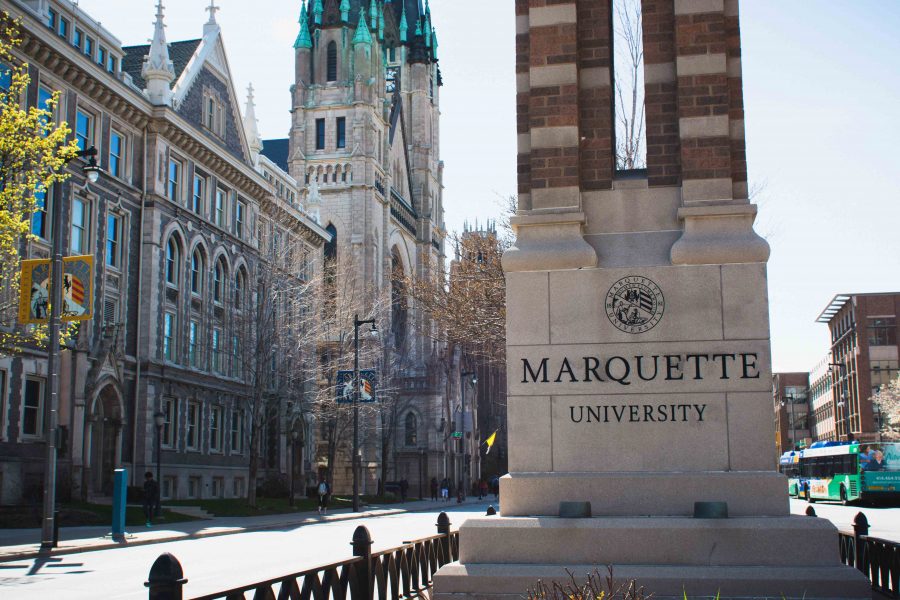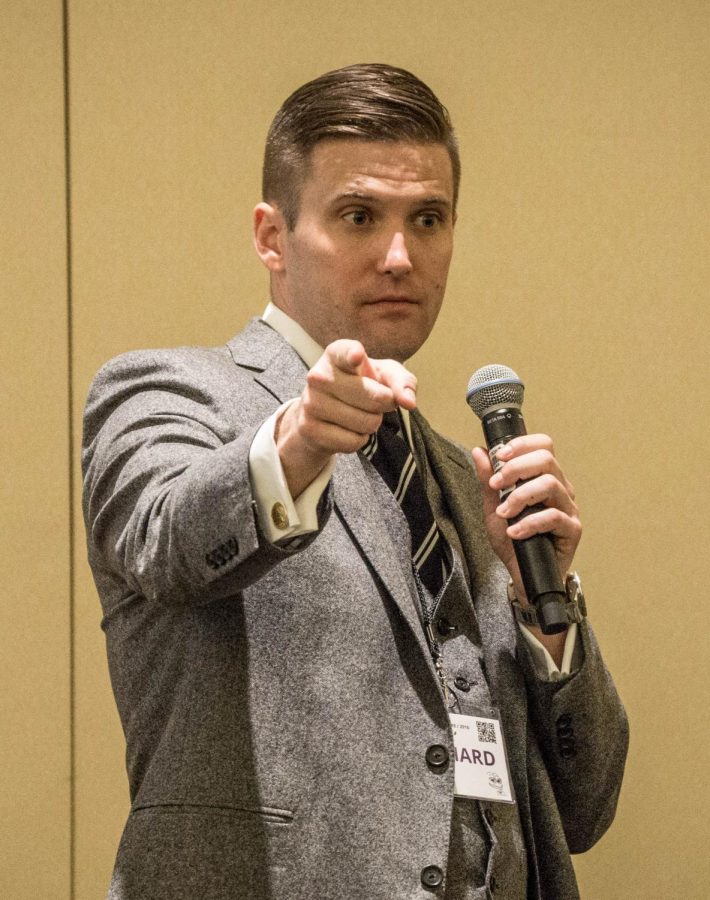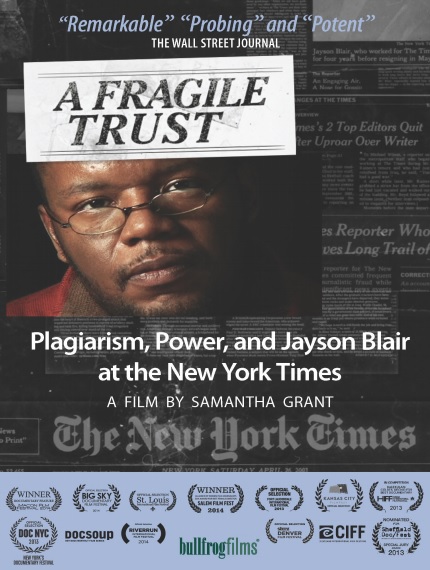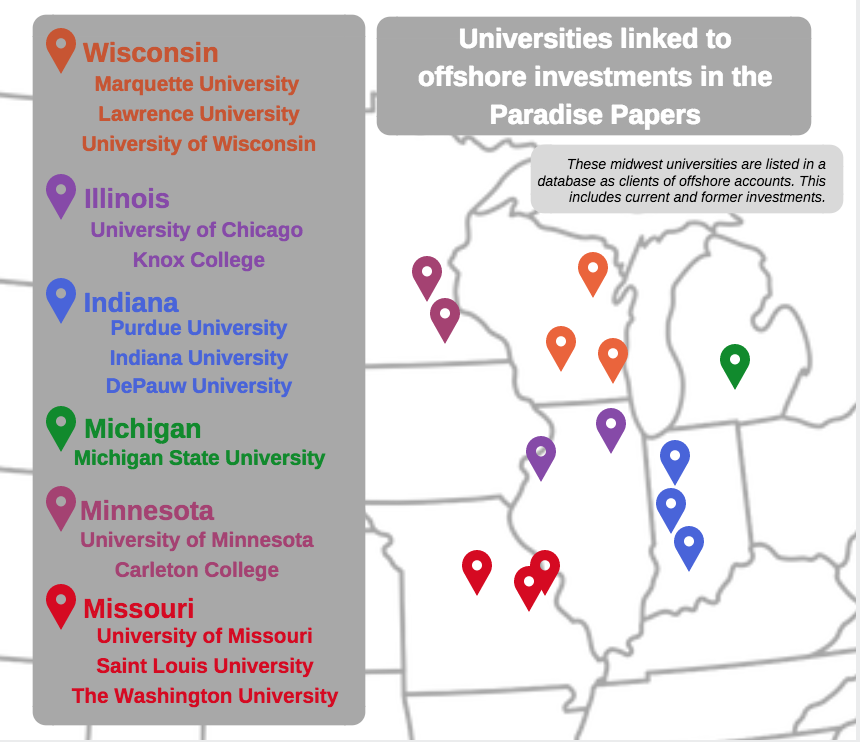On Nov. 17, the International Consortium of Investigative Journalists published an article that listed more than 100 universities and colleges found to have connections with offshore accounts, Marquette University among them.
The ICIJ is famous for hard-hitting investigative work, including the Paradise Papers: Secrets of the Global Elite, a data dump of more than 13 million documents detailing mass fiscal corruption among some of the world’s largest political and financial leaders.
This list of colleges and universities, however, does not deliver the context necessary for the information to be productive. It failed to give readers a holistic understanding of what exactly the data means, leading readers to believe the worst of the institutions included in the report.
The ICIJ does fantastic reporting, but because of the nature of their work, it is even more important that the information they convey is immune to speculation so as not to sour the reputations of institutions that may be using these accounts legitimately.
It is not inherently illegal to utilize offshore companies. A lot of institutions do, namely for asset protection and investment diversification. It is true that these companies have often facilitated corruption, but they are not in and of themselves necessarily corrupt.
While the ICIJ acknowledges this, the disclaimer only appears after clicking a link within the original article. The primary story references a New York Times investigation of tax evasion by colleges and universities, implying that the institutions included in the report are among them.
Reporting that doesn’t quite speculate but still implies correlations that may not exist is not accountable journalism.
Public data is public data, and individuals can gather information for themselves if they so choose. But journalism is not just gathering data. Now more than ever it is important for journalists to be transparent in their reporting. It is hard for reporters to meet expectations set by people seemingly predisposed to distrust them. Because of this, transparent reporting that provides as much context as possible is crucial.
It is the editorial responsibility of journalists to provide facts, and also to provide context so readers can assign appropriate value to those facts.
Whistleblowing sites like Wikileaks that rely on large data dumps from unnamed sources fall into an ethical gray area. Public disclosure of information is vital to maintaining a well-informed electorate, which is why journalism exists in the first place. But without the proper context, these massive hauls of data can be easily misconstrued.
Information on these sites is publicly accessible, so an average citizen can do what they wish with it. They don’t have the same obligation to the public interest as journalists do. Just as medical doctors are required to take the Hippocratic Oath, journalists should hold themselves accountable to a more rigid standard of ethics.
Despite the current perceived public distrust of the media, people need journalism. Information empowers society. If the information is allowed to be muddled by speculation and guilty-by-association rationales, then it serves no purpose at all.








